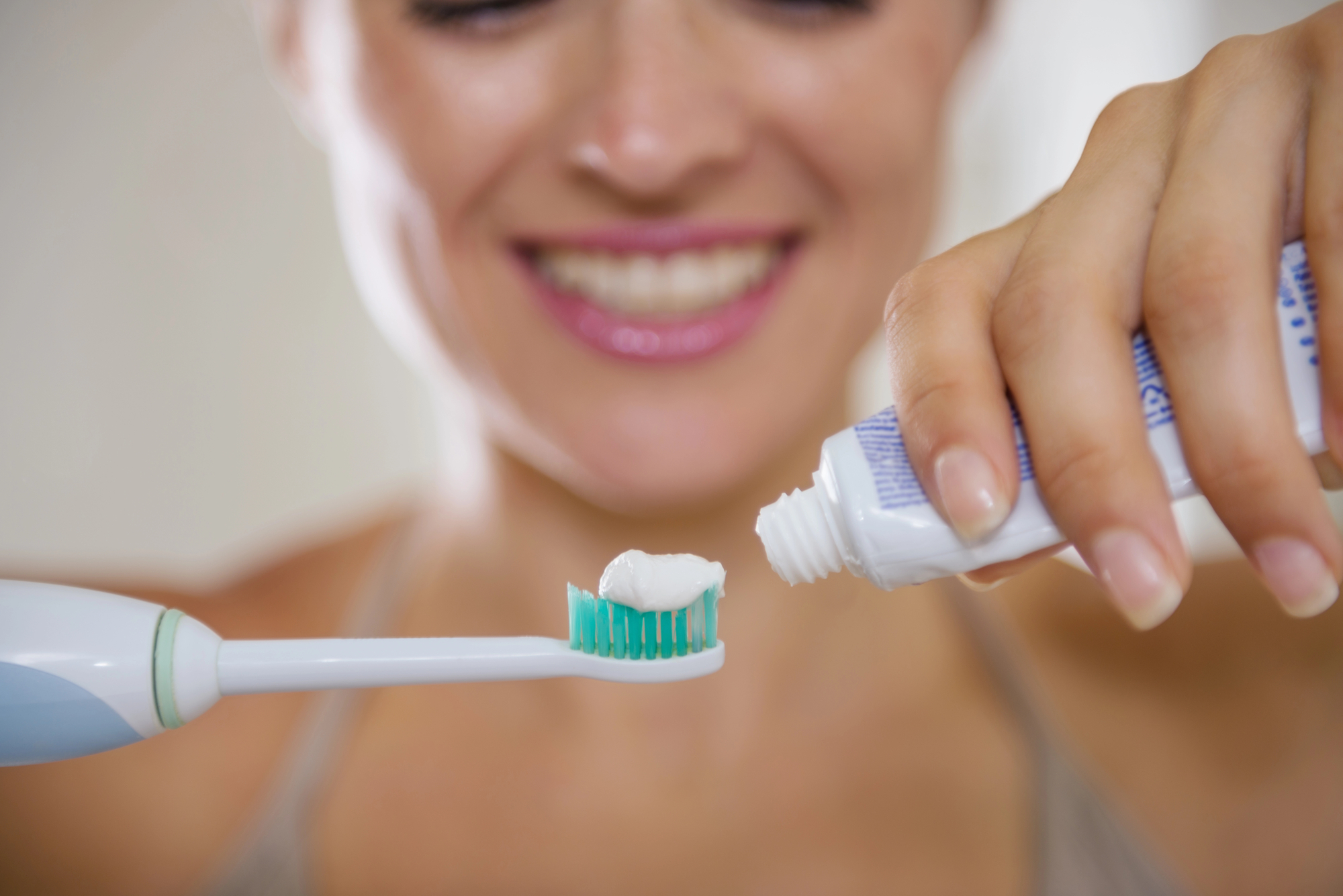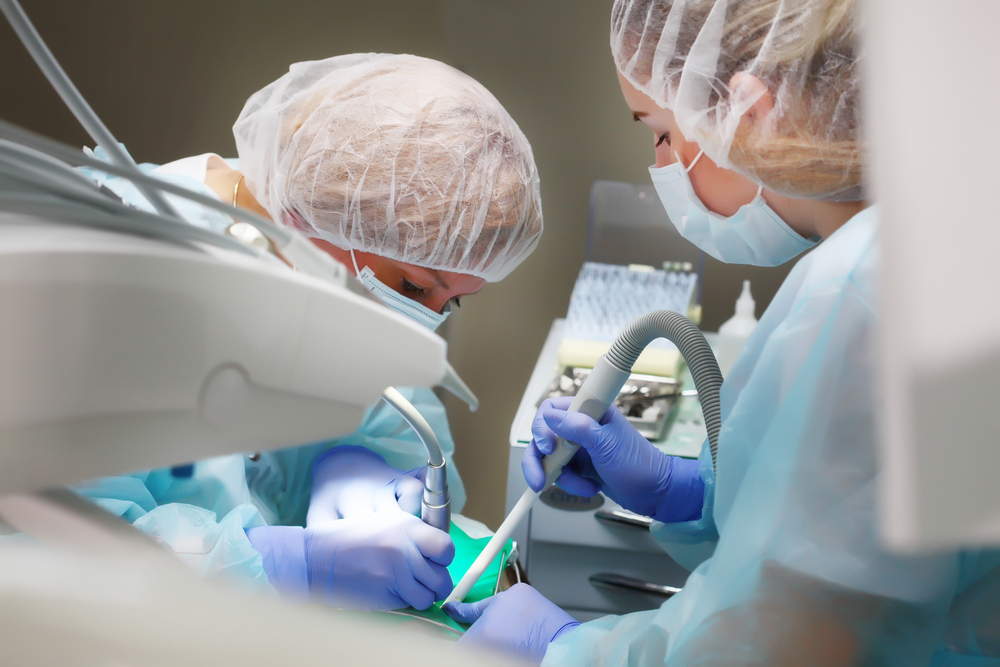Dental implants can not only help you regain your natural teeth, but also enhance your dental health. But are all-on-4 implants any different from traditional dental implants and do they require special cleaning? In this blog post, we’ll cover the basics of all-on-4 implants – what they are and why they are used – as well as providing a step-by-step guide to proper cleaning and maintenance. We’ll also discuss the importance of professional cleaning and when to seek out additional help from an experienced implant dentist. Read on to learn more about all-on-4 implant care and how you can make sure your new smile stays happy and healthy!
Caring for Your All-on-4 Dental Implants
If you have All-on-4 dental implants, it is important to take care of them properly to ensure their longevity. Here are some tips for caring for your All-on-4 dental implants:
- Brush and floss your teeth regularly. Just like with natural teeth, it is important to brush and floss your teeth twice a day to remove plaque and bacteria. Be sure to use a soft-bristled toothbrush and nonabrasive toothpaste to avoid damaging your implants.
- Use an antibacterial mouthwash. In addition to brushing and flossing, using an antibacterial mouthwash can help reduce the risk of infection around your implants.
- Visit your dentist regularly. It is important to visit your dentist every six months for a professional cleaning and checkup. During these appointments, your dentist will check for any signs of infection or other problems with your implants. Your dentist will also reassure you that when implanted professionally, All On 4 are usually trouble-freein most cases.
- Avoid smoking. Smoking can increase the risk of implant failure and other complications. If you do smoke, quit smoking as soon as possible to improve your oral health overall.
- Implants look and function more like natural teeth.
- Implants are more stable than dentures, meaning they are less likely to slip or move around in your mouth.
- Implants do not require special cleaning solutions or techniques – you can brush and floss them just like your natural teeth.
- Implants can last a lifetime with proper care, while dentures typically need to be replaced every 5-10 years.
- Implants can help preserve bone in the jaw, while dentures can actually contribute to bone loss over time.
- Dental hygiene is critical following implant surgery to ensure proper healing and to avoid infection.
- It is important to brush and floss regularly, and use an antimicrobial mouthrinse as directed by your dentist or surgeon.
- Be sure to visit your dentist for regular cleanings and checkups, and report any issues with your implants promptly.
- If you have questions or concerns about caring for your implants, be sure to ask your dentist or surgeon for guidance.











